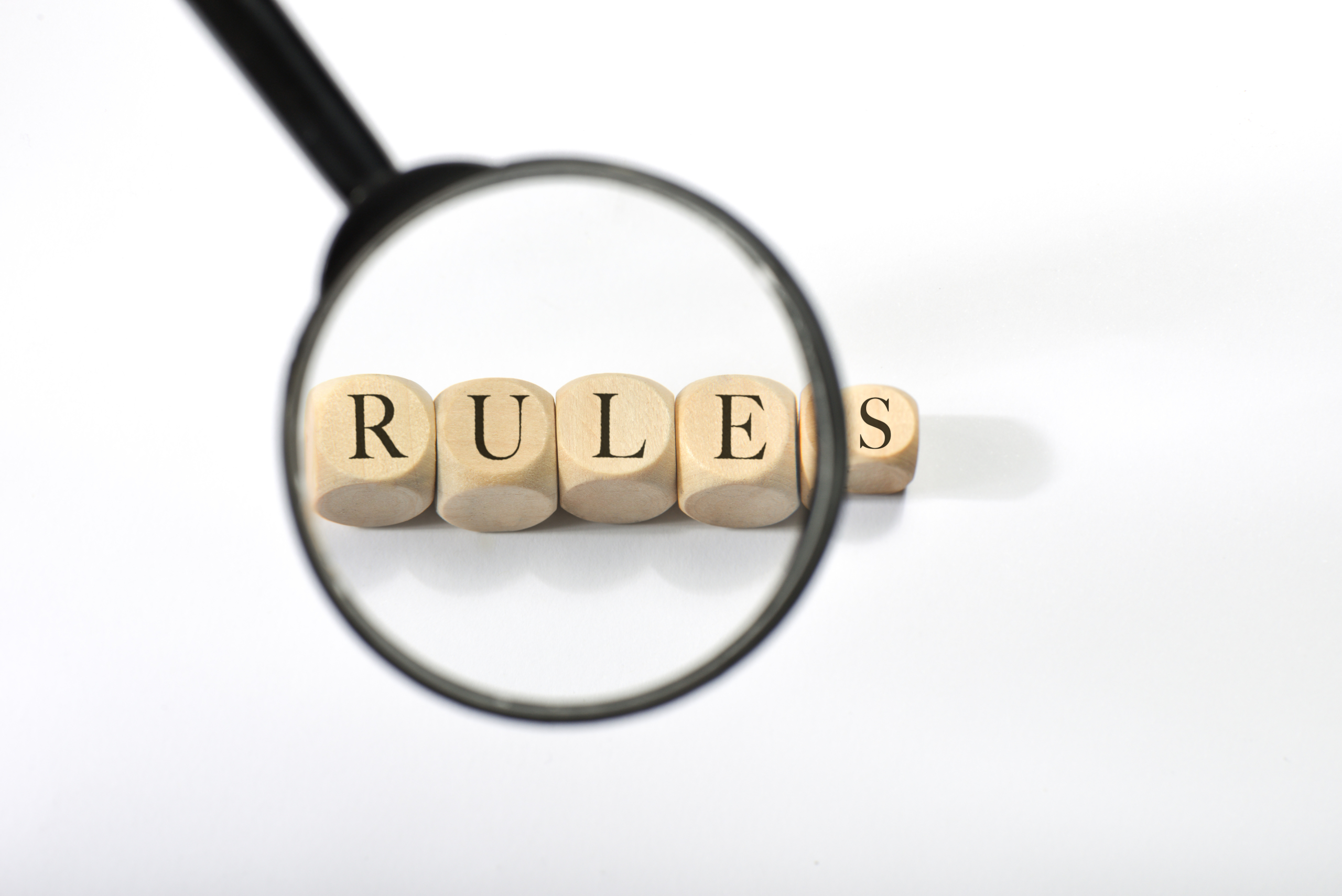Life has a tendency to throw you a curveball when you least expect it. Disability knows no prejudice. In fact, it’s thought that individuals who are now in their 20s have as high as a 30% chance of developing either a temporary or even a permanently disabling condition prior to retirement age. Despite this risk, the majority of Americans don’t carry short- or long-term disability insurance.
What will you do if you become ill or you’re in an accident that causes injury? What if you’re not able to work? An option that some people turn to is applying for disability benefits from the Social Security Administration (SSA). This is the same agency that provides retirement benefits to senior citizens. For a senior citizen seeking retirement benefits, qualification is relatively straightforward. But for disability, qualifying is both complicated and difficult.
Applying for Disability Benefits
If you believe your injury or otherwise disabling condition warrants disability benefits, you should apply with the SSA. It’s important to note, however, that the process doesn’t end at the application.
Preparation involves arming yourself with as much information at the onset as possible. After all, you want the end result to be an approval. So, your first step should be a chat with your doctor. Tell them you’re considering applying and ask for their opinion. Better yet, ask if they’ll write a statement for you attesting to that opinion. Obtaining the green light from your physician, as well as any supporting medical documentation (hospitalizations, tests, prescriptions, etc.) prior to applying, means you’ll be prepared with the required evidence.
Next is the actual application. You can apply in-person at an SSA branch office, over the phone, or at the SSA website. When you apply at an office or over the telephone, you’ll likely receive your interview at the same time – albeit with a short wait sometimes, depending on the number of applicants ahead of you that day. You should have all supporting documents available when you apply. If your physician doesn’t directly release medical records to patients, the SSA will have you sign a medical release form that allows the doctor to send them straight to SSA. The more information you’re able to provide, the better. After your application interview, your information will be sent to review to either approve or deny your benefit claim.
If your claim is approved, you can rest easy. But if you’re denied, which happens frequently at the application level, you have the right to an appeal. This is also known as reconsideration. For reconsideration, you’ll need a hearing before an administrative law judge (ALJ). The problem? Depending where you live, you could wait from 9 to 24 months to have your hearing.
The Appeals Process for SSD
It can be difficult to wait an average of 18 months for your hearing before the ALJ. The appeals process can be tough. The majority of people filing for disability benefits are initially denied. Depending on the state you live in, you may have to appeal twice before your case will be heard by an ALJ. Hearings are scheduled out up to 24 months in some locations, meaning the length of time from your initial application to seeing the judge could be a huge financial strain on you and your family.
You Have an SSD Hearing Date – Now the real work begins
Getting a hearing isn’t necessarily the most difficult part – succeeding in the proceedings is. As such, preparation for a hearing should not be taken lightly. There are aspects of a disability hearing you may not feel prepared for. Some applicants succeed at this stage and others fail.
The ALJ who hears your case mainly weighs your medical evidence, such as physician statements, treatment notes, x-rays, and so on. But the judge will also pay attention to your appearance, actions, and testimony during the hearing. These tips can help you put your best foot forward:
Be well-prepared
You should review the contents of your medical file prior to your hearing. Quickly answering the judge’s questions in a natural manner regarding your condition, its limitations, and your treatments and medications lends credibility to your testimony. Organizing your file in chronological order is a good way to help you remember dates and key information.
Arrive on time to your hearing
Since you’ve waited so long to have your day in court, arriving late is inexcusable. You’ll be given your hearing’s location, date, and time well in advance. In fact, if you’ve never been to the location, do a practice run – see how long it takes to get there, normal traffic along the route at the given time of day, etc. Leave early and give yourself ample time to arrive in the event an unforeseen emergency arises. If you can’t drive, do this practice run with the person who will bring you – and plan a back-up ride in case your driver is suddenly unavailable on your hearing date.
Be kind and polite
Your hearing is meant to benefit you. While you’ve probably been feeling a bit of extra stress in the months, weeks, and days leading up to your hearing date, the experience is not meant to be adversarial. Don’t vent your frustrations regarding “the system”. From your word choice to your actions within the courtroom and even the clothing you’re wearing, you should appear polite, understanding, and respectful of the court’s time. Referring to the ALJ as “Your Honor” and standing when he or she enters the courtroom are just a couple of ways you can show your respect.
Be 100% honest
When the judge asks you questions, your answers should be complete and honest. Don’t exaggerate – your pain, your condition, or its limitations. Your judge is used to hearing hundreds of disability hearings every year. Their experience has provided them with the innate ability to spot even a minor stretching of the truth. On the flip side, don’t minimize your condition either. If the mere act of tying your shoes or bending over sends shards of pain through your body, say so. Let the judge know exactly how your work and home lives have been changed due to your condition.
Only answer the question you’re asked
Because ALJs hear so many cases, be respectful of the court’s time – if an anecdote doesn’t strictly illustrate an aspect of your disability, leave it out. Only provide the information that answers the judge’s specific question. It’s sometimes human nature to embellish, and if you do this during your hearing, even inadvertently, you risk harming your chances. Watch our short video to learn more.

Provide a snapshot of your daily life
The judge will probably ask how your injury or impairment changed your life. Sometimes, this question is asked if the judge isn’t certain of your disability claim. Be as detailed as possible. What were you able to do – things that well-functioning adults can do with ease – that you can no longer do? Walk your dog? Tend your garden? Go out for coffee with friends? Prior to your impairment, did you read a lot of books, watch certain television shows religiously, or read the newspaper? If you’re not able to now, say so. A chronic pain condition often interferes with your concentration so much that even sedentary activity is difficult. Ask friends or family members who’ve witnessed your condition and its toll to write a letter to the judge or to appear with you at court. This lends credibility, and illustrates how well you’d be able to function in an employment setting.
Why You Need Representation During the Proceedings for your SSD Case
Having a disability attorney by your side, through the preparation phase and at your hearing, helps tremendously. They can assist you with answering questions properly to support your claims, rather than undermine them. Normally, a disability advocate works only with these types of cases and their assistance can prove invaluable. In fact, while you’ll be expected to take the stand to speak for yourself, your attorney can answer many of the questions for you. All in all, a disability attorney can greatly improve your chances of approval at your hearing.








